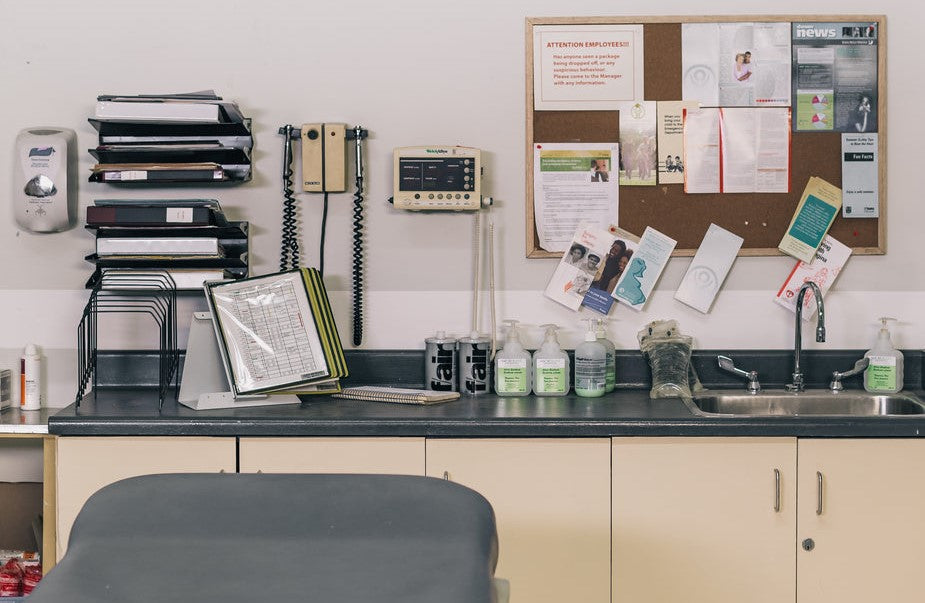
Does having cancer and requiring chemotherapy make someone inadmissible to Canada for work permits, dependent on someone else's work permit, or permanent residency?
Share
In Canadian immigration, medical inadmissibility is a factor that can impact someone's application for a work permit, being a dependent on someone else’s permit, or applying for permanent residency. This article will explain the impact.
What Is Medical Inadmissibility?
Canada has rules to determine whether someone may be medically inadmissible, which means their health condition could prevent them from entering or staying in the country.
There are three main reasons someone could be found medically inadmissible:
-
Danger to public health
-
Danger to public safety
-
Excessive demand on health or social services
When someone has cancer and is receiving or will need chemotherapy, the main concern for Canadian immigration is the third reason: “Excessive demand on health or social services.”
What Does “Excessive Demand” Mean?
As of 2024, if your medical treatment is expected to cost more than $24,057 per year (this amount changes slightly each year), you may be considered medically inadmissible due to excessive demand.
Chemotherapy is expensive. The average cost can range from $10,000 to $100,000+ per year, depending on the type of cancer, treatment plan, and medications.
So, if a person’s condition requires ongoing and costly treatment, it may trigger this “excessive demand” rule, especially for permanent residency applications.
How This Affects Different Immigration Pathways
1. Work Permits
If you are applying for a temporary work permit, medical inadmissibility usually does not apply for excessive demand. Canada typically does not refuse temporary visa applicants (including work permit holders or their dependents) based solely on the cost of their healthcare.
However:
-
You may need to undergo a medical exam if your stay will be longer than 6 months or if you come from certain countries.
-
If your condition is infectious or a public health concern, that could still impact admissibility—but cancer is not contagious, so this doesn’t apply.
Conclusion: Having cancer and needing chemotherapy does not automatically make you inadmissible for a work permit or as a dependent on someone else's work permit.
2. Being a Dependent on Someone Else’s Work Permit
If you're a spouse or child accompanying someone on a Canadian work permit, you may still be asked to do a medical exam. But again, excessive demand rules do not usually apply to temporary residents.
Conclusion: You can likely come to Canada as a dependent even if you are receiving treatment for cancer, as long as you're not a risk to public health or safety.
3. Permanent Residency
This is where things change. If you are applying for permanent residency, either on your own or as a dependent on someone else’s application, the medical inadmissibility due to excessive demand becomes a real concern.
IRCC (Immigration, Refugees and Citizenship Canada) will look at:
-
Medical diagnosis and reports
-
Predicted duration and cost of treatment
-
Whether the health system can handle the cost without affecting other Canadians
You could be refused permanent residency if the expected cost of your treatment exceeds the annual cost threshold.
Are There Any Exceptions?
Yes. Some groups are exempt from the “excessive demand” rule, including:
-
Refugees and protected persons
-
Certain family class sponsorships (e.g., sponsoring a spouse, partner, or child)
If you're applying under one of these categories, the fact that you require expensive medical treatment won’t always make you inadmissible.
Medical Inadmissibility to Canada due to Cancer Summary
Let’s sum it up clearly:
|
Situation |
Will Cancer & Chemotherapy Make You Inadmissible? |
|
Work Permit (Temporary) |
❌ No, unless public health risk (rare) |
|
Dependent on Work Permit |
❌ No, same as above |
|
Permanent Residency |
✅ Possibly, if treatment cost is too high |
|
Refugees/Protected Persons |
❌ No, they are exempt |
|
Spousal or Child Sponsorship |
❌ No, exempt from excessive demand rules |
What You Can Do
-
If you’re applying for permanent residency, talk to an immigration lawyer who can help you build a strong medical plan or response.
-
For work permits or temporary stays, most people with cancer can still be admitted, especially if they are not a risk to public safety or health.
Need Help With Your Immigration Plan or determining if medical inadmissibility will be an issue in your case?
Schedule a free strategy session with our immigration experts here:
👉 https://sisulegal.com/pages/booking-immigration-law-windsor-troy
We'll help you understand your options and how best to move forward, no matter your medical history.
